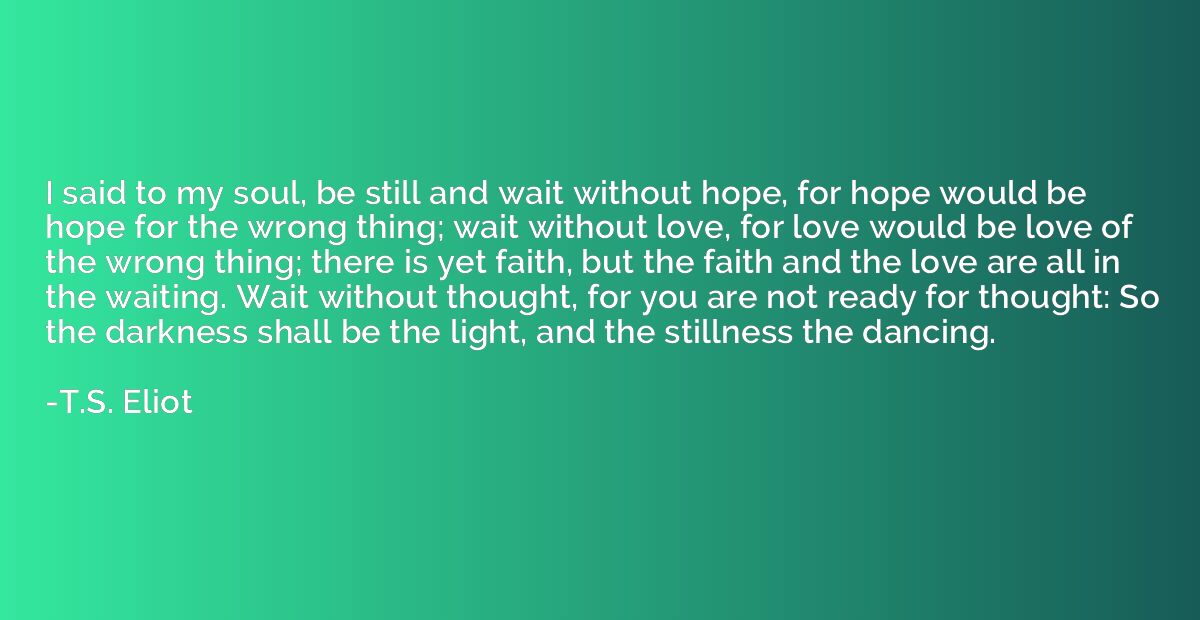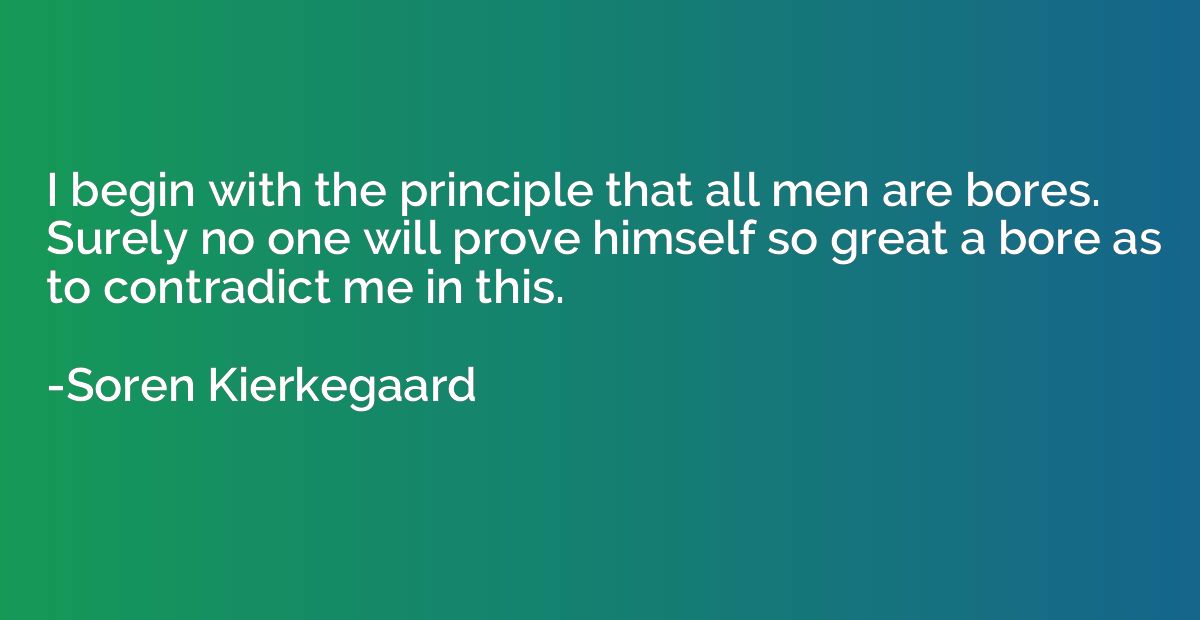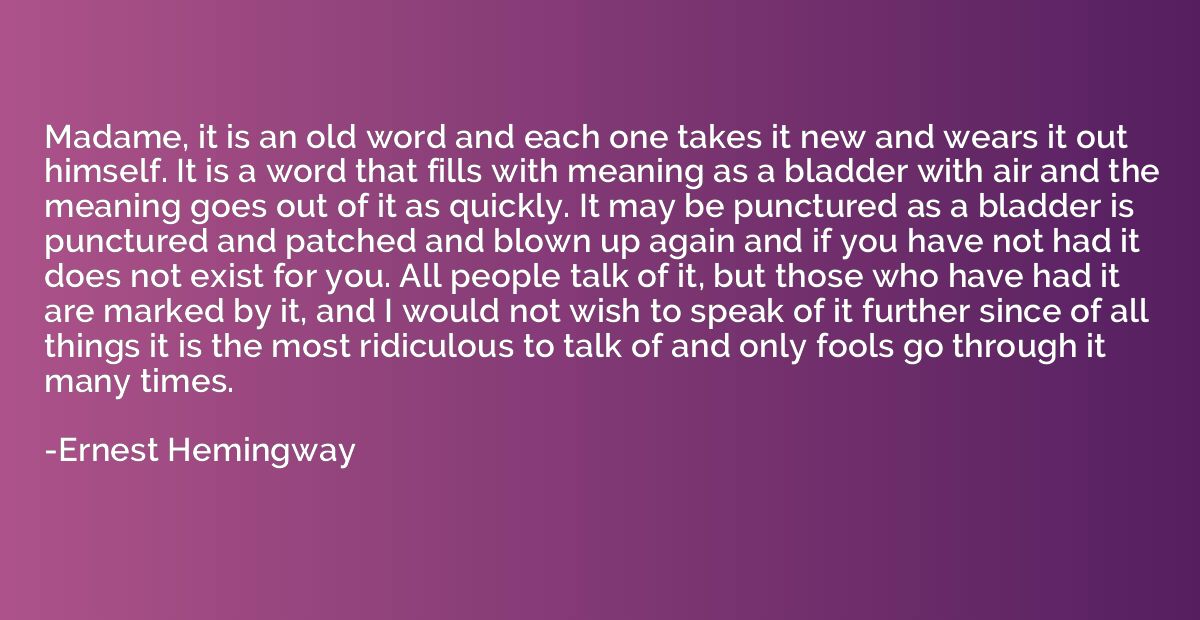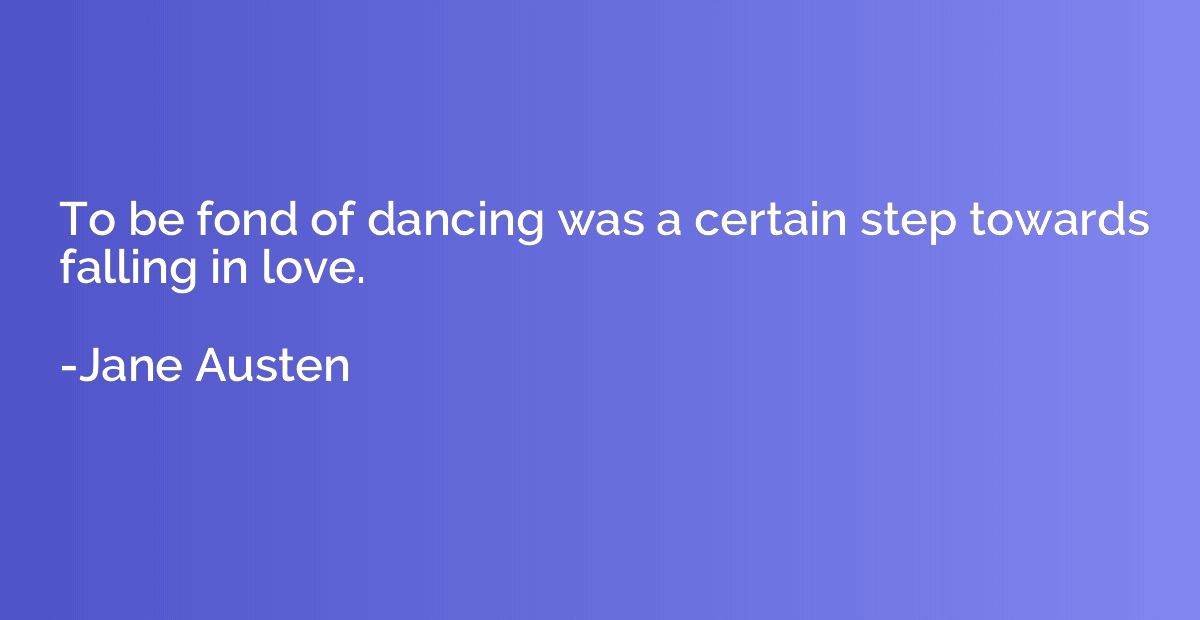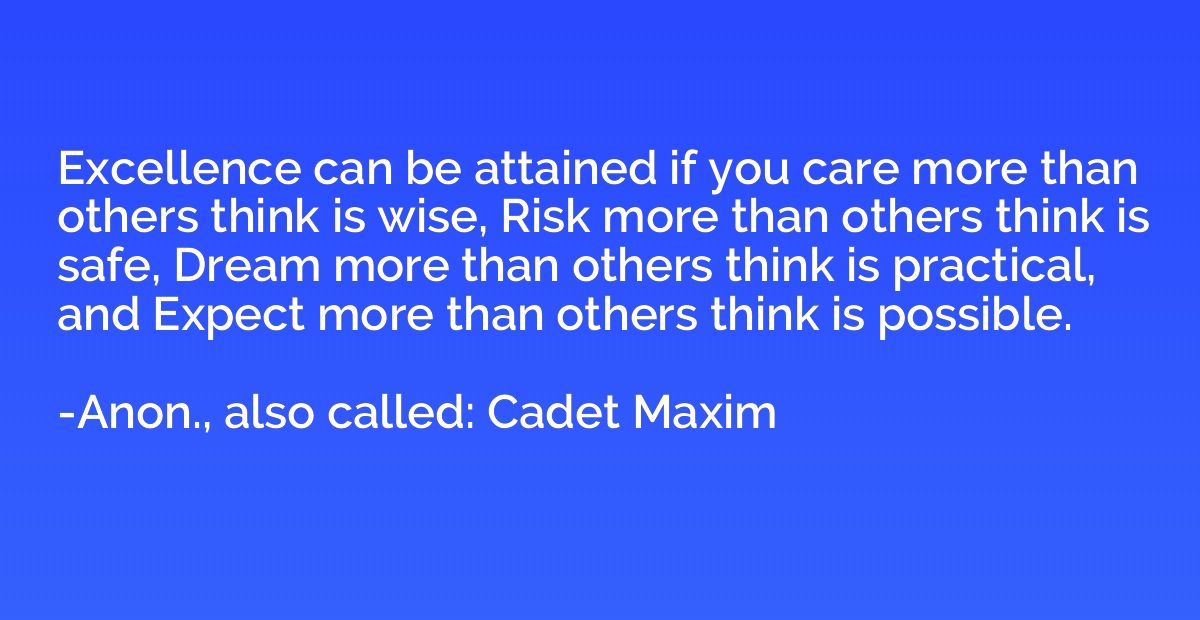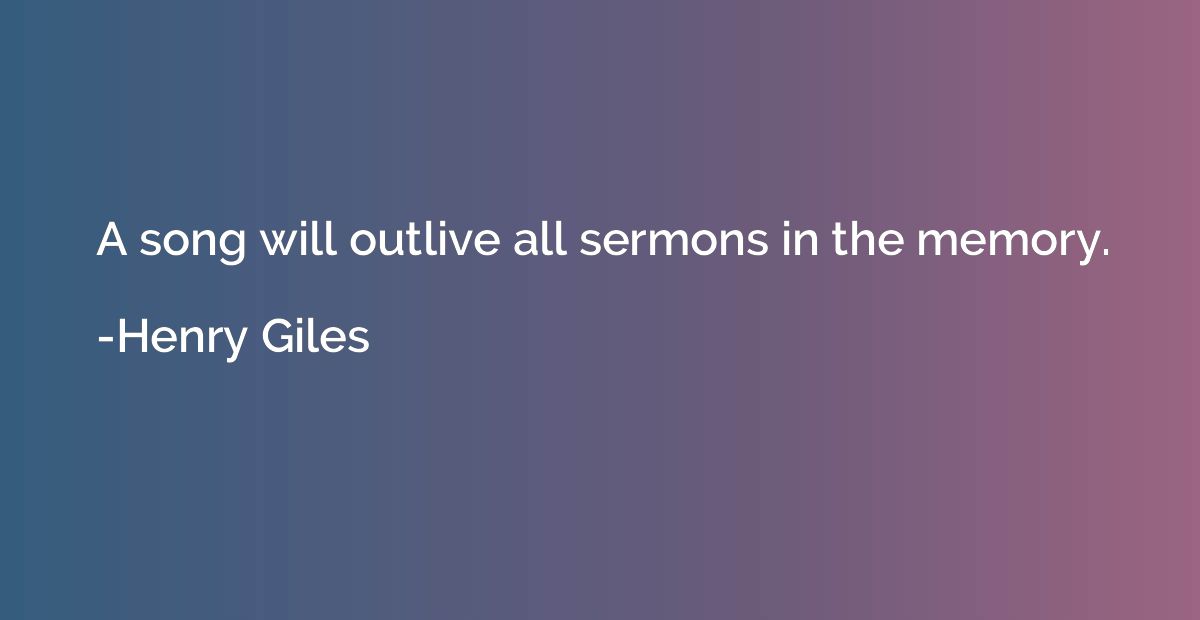Quote by John Wesley, preface to the 1780
May I be permitted to add a few words with regard to the poetry? Then I will speak to those who are judges thereof, with all freedom and unreserve. To these I may say, with-out offence, 1. In these hymns there is no doggerel ; no botches ; nothing put in to patch up the rhyme ; no feeble expletives. 2. Here is nothing turgid or bombast, on the one hand, or low and creeping, on the other. 3. here are no cant expressions ; no words without meaning. Those who impute this to us, know not what they say. We talk common sense, both in prose and verse, and use no words but in a fixed and determinate sense. 4. Here are, allow me to say, both the purity, the strength, and the elegance of the English language; and, at the same time, the utmost simplicity and plainness, suited to every capacity. Lastly, I desire men of taste to judge, (these are the only competent judges,) whether there be not in some of the following hymns the true spirit of poetry, such as cannot be acquired by art and labour, but must be the gift of nature. By labour, a man may become a tolerable imitator of Spenser, Shakspeare, or Milton ; and may heap together pretty compound epithets, as pale-eyed, meek-eyed, and the like ; but unless he be born a poet, he will never attain the genuine spirit of poetry.
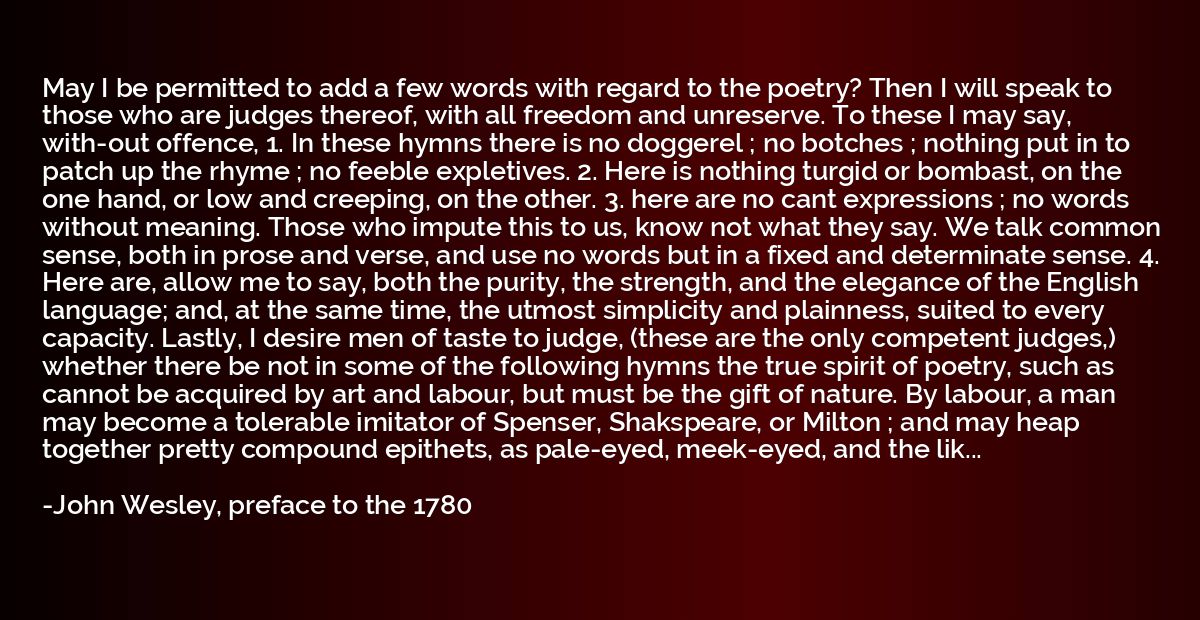
Summary
In this quote, the speaker is addressing judges of poetry, assuring them that the hymns in question are of high quality. The speaker emphasizes that the hymns lack any poorly crafted or forced rhymes, and that there is a balance between eloquence and simplicity in the language used. The speaker also defends the hymns against accusations of using meaningless expressions, asserting that they actually convey common sense and employ words in a clear and precise manner. Furthermore, the speaker argues that some of the hymns possess a true spirit of poetry that cannot be acquired through skill or effort alone, but is a natural gift.



